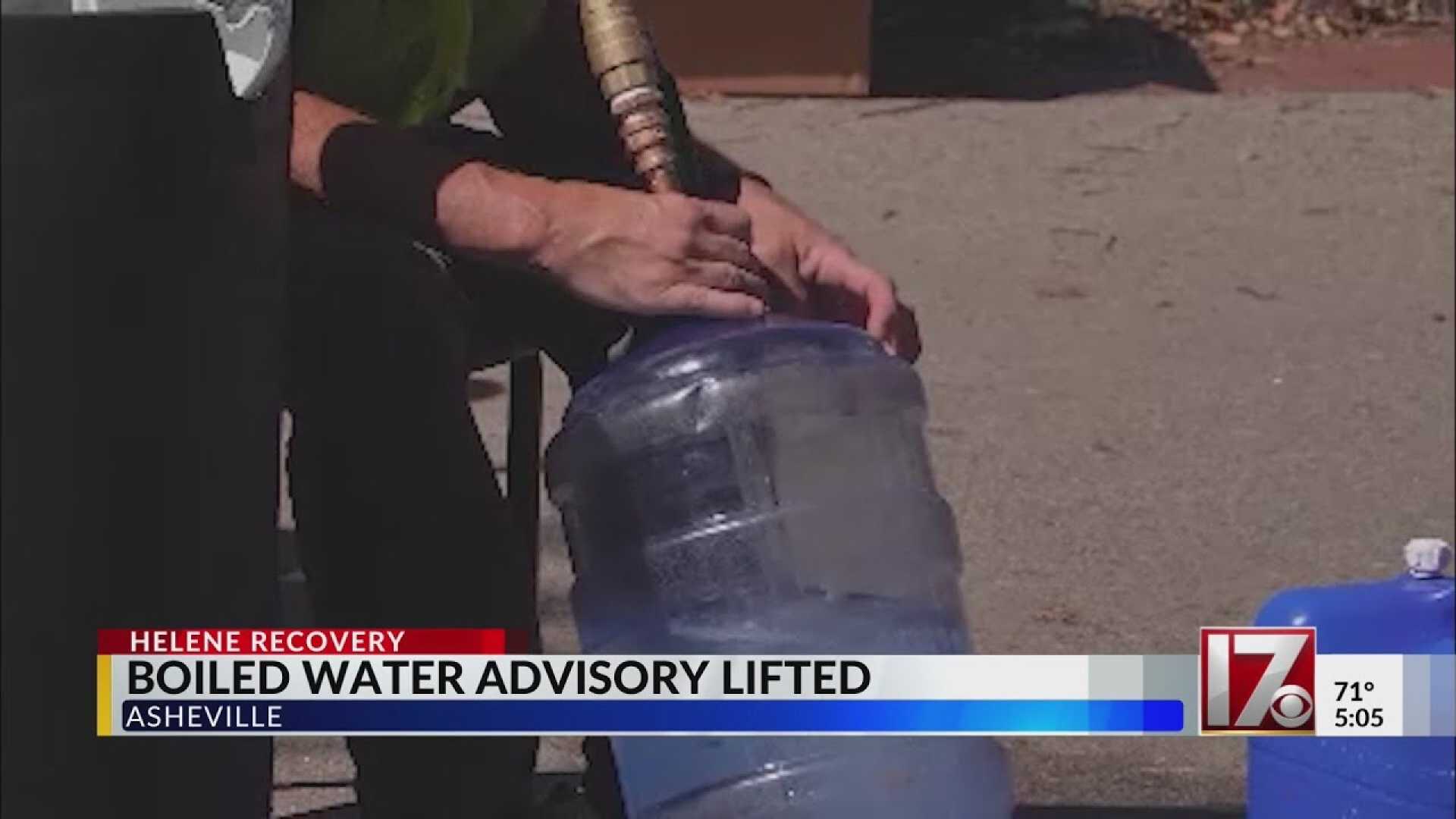News
Asheville Boil Water Advisory Lifted After 54 Days

After a prolonged period of 54 days, the City of Asheville has lifted the boil water advisory that was issued due to the impact of Hurricane Helene. The advisory was lifted on Monday, November 18, 2024, following extensive testing and flushing of the water distribution system.
The boil water notice was initially issued due to loss of pressure in the distribution system pipes and high levels of turbidity (particles) in the water, which could indicate contamination. The city’s water department conducted rigorous testing, analyzing 120 samples over the weekend, and found no levels of E coli or coliform contamination. The turbidity level of the water was also found to be within safe limits, standing at 0.1 on the Nephelometric Turbidity Units scale (NTUs).
City spokesperson Clay Chandler announced that the water resources lab staff had finished sampling the distribution system early Sunday morning, and the results were clear of any contaminants. This led to the decision to lift the boil water notice, allowing residents to consume water directly from their taps once again.
During the crisis, residents had to rely on bottled water for drinking, cooking, and other consumption. The city has now resumed normal water use for consumption and hygiene, although it is advising customers to temporarily avoid large volume activities such as filling bathtubs, watering landscaping, filling swimming pools, and taking abnormally long showers to manage the initial increase in demand.
The city worked closely with the Army Corps of Engineers to determine the turbidity level its direct filtration system at the North Fork Reservoir could handle. With their assistance, the system was able to process higher turbidity water than initially thought.
In addition to the boil water advisory, the city has also addressed concerns about lead in the water system. Following the detection of lead in seven local schools, the city has seen a significant increase in requests for lead testing kits from residents. Homes and businesses built before 1988 are more likely to have lead issues, but the city has resumed its anti-corrosion treatments to prevent lead from leaching into the pipes.












